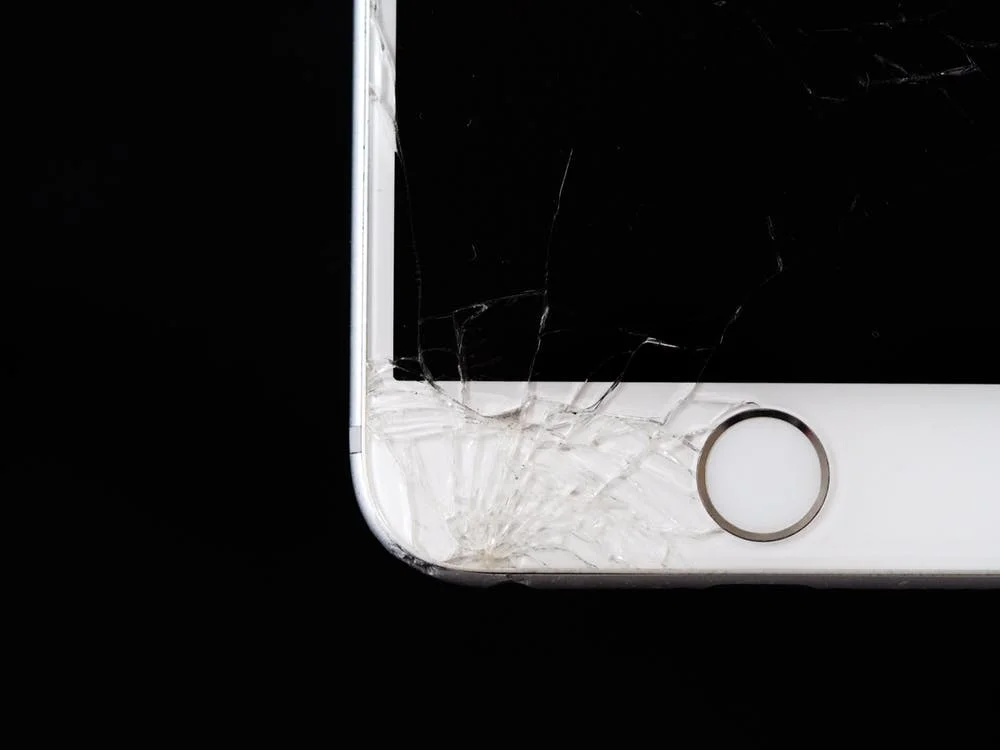This has to be one of the questions I have been asked most over the course of my work in Searching for Serenity, but it's a question I used to ask myself a lot as well.
I had been told that I was resilient. It wasn't something I ever really thought about, it was just something I did.
I pulled the results out of the bag on no sleep, kept going even when things got tough, didn't clue people in on just how bad things were behind the scenes.
My father died when I was 21, smack bang in the middle of my post-graduate degree. It took nearly two months for the rest of my tutor group to find out what had happened and why I was being (more) moody and distant.
Sharing what was going on behind the scenes wasn't really part of my emotional toolkit at a younger age. Perhaps this was why people thought that I was resilient.
But, regardless, I had kept going, time and again I had bounced back. A little slower, a little more lethargic perhaps, but I was there.
Until one day I didn't bounce back.
The image for this blog seemed so incredibly perfect, particularly for anyone who knows my propensity for breaking my phones!
Because I drop my iPhone again and again. And when it does finally smash, none of us are very surprised; it took a lot of knocks and was weakened and it's not surprising the glass finally given in to a fractal pattern.
So why do we not see the same with people' the damage and dings and scuffs around the edges that, if pressed, if pushed, will diminish into fractures?
In my experience of clients around the world, from the research I have studied, the biggest single risk factor in bouncing back comes not from the damage suffered on that one occasion, but how often they have sustained damage and how well they have dealt with it.
By the time my clients come to work with me they have been bouncing back, and bouncing back from big trauma, for years. Through the disappointments and lost job opportunities and bad boyfriends through grief, trauma, bullying, loss.
What distinguishes them from the people who just don't bounce back?
It would be easy to say that they reach out for help, and that is at least part of it. Having a supportive network of friends, family, professionals even, is part of the hallmark of someone who bounces back; not because the network exists but because they fall on to their network and draw support from them.
The resilient also tend to have dealt with hardship before. They don't live charmed lives of ease and flow; they go through shit, they struggle, they fail and every single time they have chosen to get back up.
Angela Duckworth, researcher and author of 'Grit' says 'people with grit don't believe that failure is a permanent condition'. It means that these people still have their eyes on the horizon, looking for the next thing. One set back does not define them.
But time and again, the factor that I find changes between the occasions of bouncing back and the occasions of falling flat, is how my clients view themselves.
It's not easy to keep coming back and taking hits. At some point each of us forgets about the wins, the successes, the easy days, and we get so busy and focused on weaving to avoid the punches that that it all we see; the succession of knock backs, hits and hurts.
That, more than anything I have seen so far, affects how my clients bounce back. When they stop relying on their natural positivity, charisma and trust in themselves, they start viewing life as a succession of hurts. That switch from positive focus to negative focus changes so much for them.
And just like my poor, often dropped iPhone, they might not break today or tomorrow. But once THAT damage is done; it's simply a case of waiting for the fractal patterns to emerge.
Here's the good news.
When it comes down to a matter of how you perceive the world, how you receive and synthesise information, how you respond to stimuli and the action you take in response, then you've won the game.
Your brain is malleable and plastic; it grows and adapts according to the information you feed it. Any learned behaviour can be unpicked, relearned, adapted, overwritten.
Resilience is a series of learned behaviours and coping mechanisms. It is a change in response that predicts whether a previously-resilient person's resilience will fail or strengthen. Which, beautifully, means that it can be changes, re-learned and strengthened.
Burnout Breakthrough is back; my signature programme to help you to rebuild your resilience, confidence, energy and enthusiasm.
Working together 1:1 we will spend the next 3 months together taking massive action to put you back in the position you were before you felt so exhausted and defeated. My programme blends delivered learning and open discussion; I share my toolkit, resources, information and education with you and together we examine how you can best move forward.
I am inviting 6 women to start working with me this September, places are by application only. Email hello@searchingforserenity.co.uk or message the Facebook page to take your place.
Want to find out more? Head to www.searchingforserenity.co.uk/work-with-me

